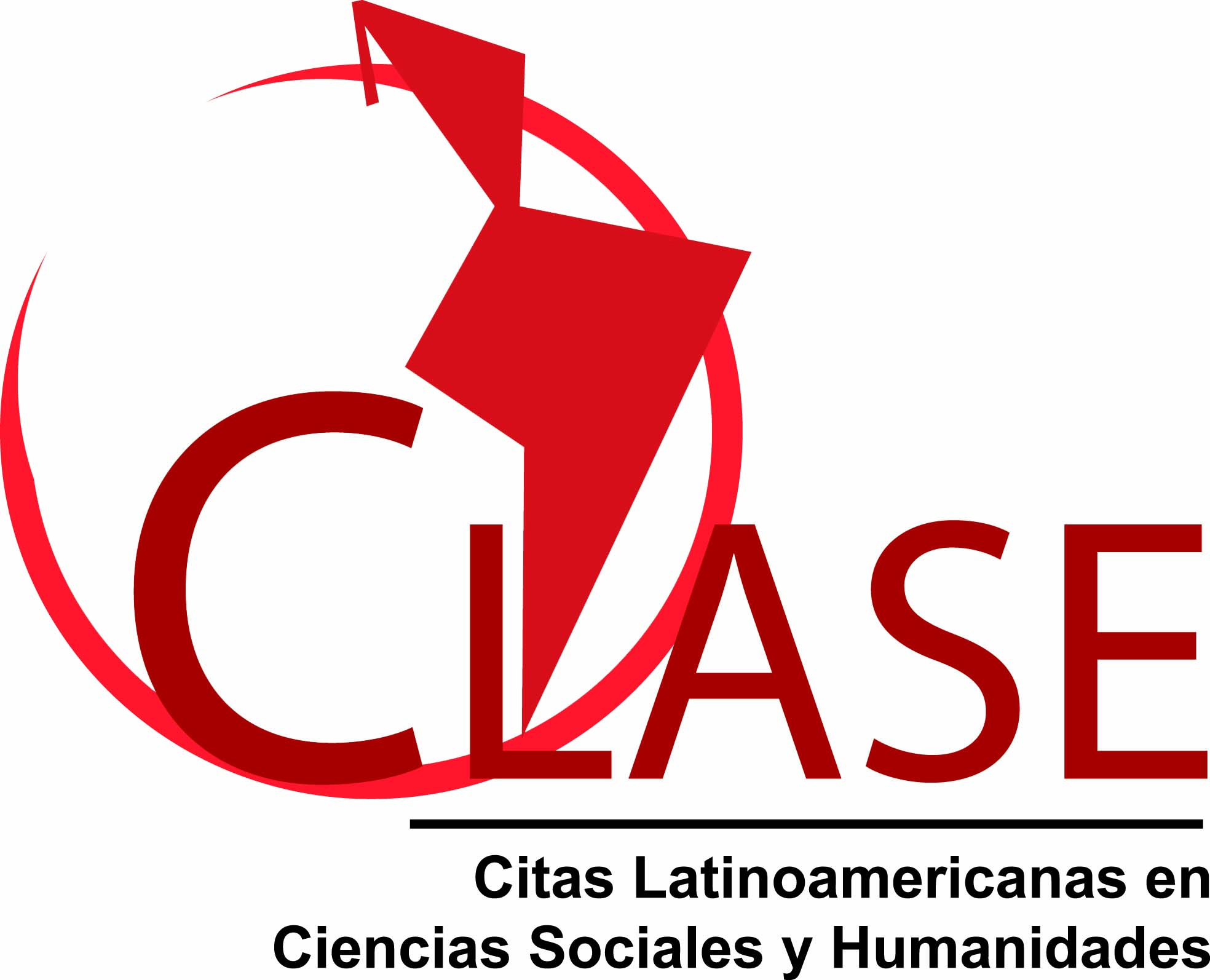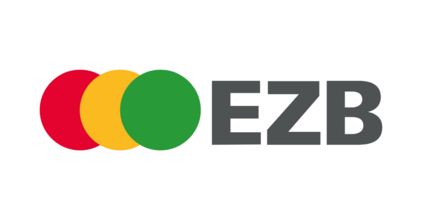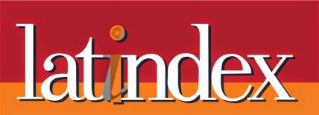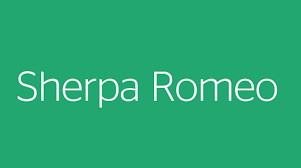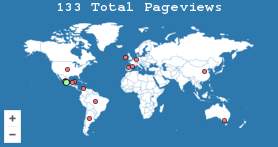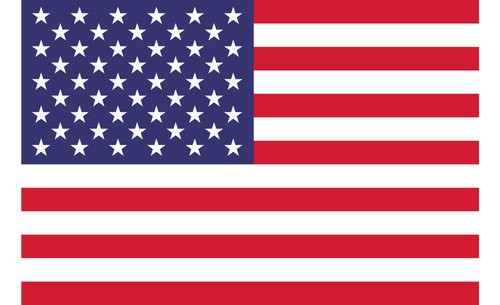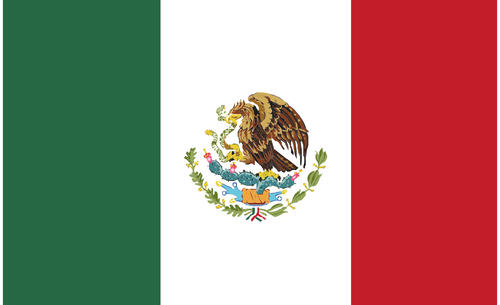Digital marketing vs. Luxury research: A Bibliometric Analysis
DOI:
https://doi.org/10.36105/theanahuacjour.2023v23n1.05Palabras clave:
marketing digital, lujo, investigación sobre lujo, análisis bibliométricoResumen
En la última década, el marketing digital ha obtenido una atención creciente en la investigación sobre lujo y entre quienes lo practican. Sin embargo, aparentemente, los que han mantenido el paso de la evolución de las tecnologías digitales avanzadas en el marketing de lujo o tienen
un conocimiento profundo de cómo implementar estratégicamente el marketing digital en el ámbito del lujo son pocos. Al hacer un inventario de la literatura existente sobre investigación en marketing digital en el mercado de alta gama, este estudio se propone rastrear los cambios
en el mismo al considerar temas y cuestiones relacionadas con el lujo. En el artículo figuran contribuciones de un examen del estado del campo del segmento de investigación más amplio sobre lujo, para el cual se uso el proyector de datos VOSViewer con el cual se identifican los
estudios y a los autores que mayor influencia han tenido en este tema. Mediante la combinación de análisis bibliométrico y la revisión de la literatura, el objetivo del presente estudio es mitigar las limitaciones de la revisión tradicional de la literatura (por ej., con sesgo en la interpretación) y obtener hallazgos esclarecedores. Con miras a desarrollar un marco conceptual, identificamos
cinco grupos principales de investigación mediante el análisis de las palabras clave que surgieron de las publicaciones destacadas y de los autores influyentes, y la fuerza de las percepciones en relación con las marcas y redes de investigaciones previas. Por último, el estudio ofrece indicaciones detalladas para campos potenciales de investigación que serían sumamente relevantes tanto para los académicos como para quienes realizan el marketing.
Descargas
Referencias
Achille, A., Marchessou, S. & Rem, N. (2018). Luxury in the age of digital Darwinism.
McKinsey.
Arrigo, E. (2018). Social media marketing in luxury brands: A systematic literature
review and implications for management research. Management Research Review.
Vol. 41 No. 6, 657-679. https://doi.org/10.1108/MRR-04-2017-0134 DOI: https://doi.org/10.1108/MRR-04-2017-0134
Atwal, G. & Williams, A. (2017). Luxury brand marketing – The experience is everything! DOI: https://doi.org/10.1007/978-3-319-51127-6_3
In Advances in luxury brand management. Palgrave Macmillan, Cham, 43-57.
Backhaus, K., Lügger, K. & Koch, M. (2011). The structure and evolution of businessto-
business marketing: A citation and co-citation analysis. Industrial Marketing
Management, 40 (6), 940-951.
Berneis, M. & Winkler, H. (2021). Value proposition assessment of blockchain technology
for luxury, food, and healthcare supply chains. Logistics, 5 (4), 85. DOI: https://doi.org/10.3390/logistics5040085
Bonfanti, A., Vigolo, V. & Yfantidou, G. (2021). The impact of the Covid-19 pandemic
on customer experience design: The hotel managers’ perspective. International
Journal of Hospitality Management, 94, 102871.
Cavalcante, W. Q. D. F., Coelho, A. & Bairrada, C. M. (2021). Sustainability and tourism
marketing: A bibliometric analysis of publications between 1997 and 2020 using
VOSviewer software. Sustainability, 13 (9), 4987.
Chandon, J. L., Laurent, G. & Valette-Florence, P. (2016). Pursuing the concept of luxury:
Introduction to the JBR Special Issue on “Luxury Marketing from Tradition to
Innovation”. Journal of Business Research, 69 (1), 299-303.
Choi, T. M. (2019). Blockchain-technology-supported platforms for diamond authentication DOI: https://doi.org/10.1016/j.tre.2019.05.011
and certification in luxury supply chains. Transportation Research Part E:
Logistics and Transportation Review, 128, 17-29.
Chung, M., Ko, E., Joung, H. & Kim, S. J. (2020). Chatbot e-service and customer satisfaction
regarding luxury brands. Journal of Business Research, 117, 587-595.
Cova, B. & Pace, S. (2006). Brand community of convenience products: new forms of
customer empowerment–the case “my Nutella The Community”. European Journal
of Marketing, 40 (9-10): 1087-1105.
Dauriz, L., Remy, N. & Sandri, N. (2014). Luxury shopping in the digital age. Perspectives
on retail and consumers goods. McKinsey.
Deloitte (2020). Global Powers of Luxury Goods The new age of fashion and luxury.
Donthu, N., Kumar, S. & Pattnaik, D. (2020). Forty-five years of Journal of Business
Research: A bibliometric analysis. Journal of Business Research, 109, 1-14.
Donthu, N., Kumar, S., Mukherjee, D., Pandey, N. & Lim, W. M. (2021). How to conduct
a bibliometric analysis: An overview and guidelines. Journal of Business Research,
, 285-296.
Feng, C. M., Park, A., Pitt, L., Kietzmann, J. & Northey, G. (2021). Artificial intelligence
in marketing: A bibliographic perspective. Australasian Marketing Journal, 29 (3),
-263.
Godey, B., Manthiou, A., Pederzoli, D., Rokka, J., Aiello, G., Donvito, R. & Singh, R.
(2016). Social media marketing efforts of luxury brands: Influence on brand equity
and consumer behavior. Journal of Business Research, 69 (12), 5833-5841.
Gurzki, H. & Woisetschläger, D. M. (2017). Mapping the luxury research landscape: A
bibliometric citation analysis. Journal of Business Research, 77, 147-166.
Holmqvist, J., Wirtz, J. & Fritze, M. P. (2020). Luxury in the digital age: A multi-actor
service encounter perspective. Journal of Business Research, 121, 747-756.
Javornik, A., Duffy, K., Rokka, J., Scholz, J., Nobbs, K., Motala, A. & Goldenberg, A.
(2021). Strategic approaches to augmented reality deployment by luxury brands.
Journal of Business Research, 136, 284-292.
Jung, J., Yu, J., Seo, Y. & Ko, E. (2021). Consumer experiences of virtual reality: Insights
from VR luxury brand fashion shows. Journal of Business Research, 130, 517-524.
Kapferer, J. N. (2012). Abundant rarity: The key to luxury growth. Business Horizons, DOI: https://doi.org/10.1016/j.bushor.2012.04.002
(5), 453-462.
Kim, A. J. & Ko, E. (2010). Impacts of luxury fashion brand’s social media marketing on
customer relationship and purchase intention. Journal of Global Fashion Marketing,
(3), 164-171.
Kim, A. J. & Ko, E. (2012). Do social media marketing activities enhance customer DOI: https://doi.org/10.1037/t40491-000
equity? An empirical study of luxury fashion brand. Journal of Business Research,
(10), 1480-1486.
Kim, H. M. & Laskowski, M. (2018). Toward an ontology –driven blockchain design for DOI: https://doi.org/10.1002/isaf.1424
supply– chain provenance. Intelligent Systems in Accounting, Finance and Management,
(1), 18-27.
Ko, E., Costello, J. P. & Taylor, C. R. (2019). What is a luxury brand? A new definition
and review of the literature. Journal of Business Research, 99, 405-413.
Lam, C. & Law, R. (2019). Readiness of upscale and luxury-branded hotels for digital DOI: https://doi.org/10.1016/j.ijhm.2018.12.015
transformation. International Journal of Hospitality Management, 79, 60-69.
Leban, M., Seo, Y. & Voyer, B. G. (2020). Transformational effects of social media lurking
practices on luxury consumption. Journal of Business Research, 116, 514-521.
Milanesi, M., Guercini, S. & Runfola, A. (2022). Let’s play! Gamification as a marketing
tool to deliver a digital luxury experience. Electronic Commerce Research, 1-18.
Oguntegbe, K. F., Di Paola, N. & Vona, R. (2022). Communicating responsible management
and the role of blockchain technology: social media analytics for the
luxury fashion supply chain. The TQM Journal. Vol 35, No. 2, 446-469.
Okonkwo, U. (2010). Luxury online. Styles, systems, strategies. Palgrave Macmillan. DOI: https://doi.org/10.1057/9780230248335
Sadowski, J., Strengers, Y. & Kennedy, J. (2021). More work for Big Mother: Revaluing
care and control in smart homes. Environment and Planning A: Economy and Space,
https://doi.org/10.1177/0308518X211022366 DOI: https://doi.org/10.1177/0308518X211022366
Van Eck, N.J. & Waltman, L. (2022). Manual for VOSviewer version 1.6.18. https://www.vosviewer.com/documentation/Manual_VOSviewer_1.6.18.pdf
Varsha, P. S., Akter, S., Kumar, A., Gochhait, S. & Patagundi, B. (2021). The impact of
artificial intelligence on branding: a bibliometric analysis (1982-2019). Journal of
Global Information Management 29 (4), 221-246.
Walsh, I. & Renaud, A. (2017). Reviewing the literature in the IS field: Two bibliometric
techniques to guide readings and help the interpretation of the literature. Systèmes
d’Information et Management, 22 (3), 4.
Wirtz, J. Holmqvist, J. & Fritze, M. P. (2020). Luxury services. Journal of Service Management. DOI: https://doi.org/10.1108/JOSM-11-2019-0342
Vol. 31 No. 4, pp. 665-691.
Wu, C. H. J. & Liang, R. D. (2009). Effect of experiential value on customer satisfaction
with service encounters in luxury-hotel restaurants. International Journal of Hospitality
Management, 28(4), 586-593.
Zhang, Y. & Nguyen, N. T. (2017). Magnetic digital microfluidics – a review. Lab on a DOI: https://doi.org/10.3390/optofluidics2017-04316
Chip, 17 (6), 994-1008.
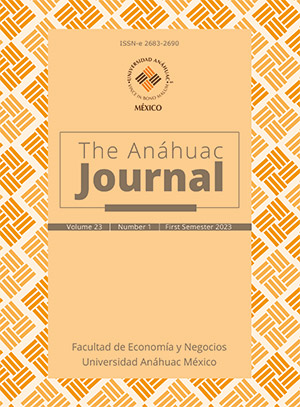
Descargas
Publicado
Número
Sección
Licencia
Derechos de autor 2023 Xin Song

Esta obra está bajo una licencia internacional Creative Commons Atribución-NoComercial-CompartirIgual 4.0.
The Anáhuac Journal se distribuye bajo Licencia Creative Commons Atribución-NoComercial-CompartirIgual 4.0 Internacional.











